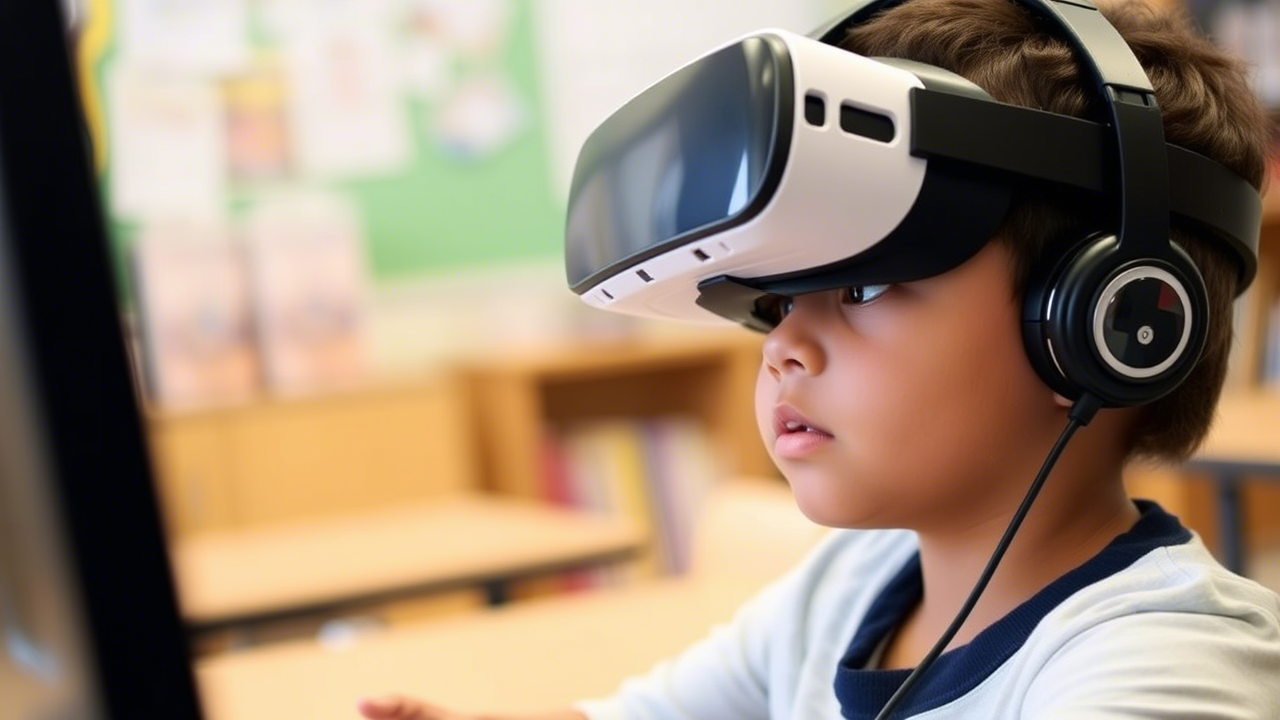Imagine, a middle schooler in Alabama straps on a VR headset and suddenly, bam! They’re standing in an operating room, watching a surgeon at work. Or maybe they’re welding metal in a high-tech factory, exploring marine biology in an underwater lab, or coding in a sleek Silicon Valley office, all without leaving their classroom.
Sounds like science fiction, right? Well, it’s not. It’s Alabama’s new VR-driven career exploration program in action.
And honestly? If I were a kid today, I’d be all over this. This is the kind of innovation education desperately needs.
Bringing Real-World Careers to Students Through Virtual Reality
Middle school is prime time for career exposure. Kids at this age are at a crossroads, they’re beginning to form real interests, but many have never even heard of half the careers that exist. Schools traditionally rely on guest speakers, job fairs, and pamphlets, but let’s be real: no eighth grader is getting hyped over a trifold brochure about engineering careers.
But VR? That’s a game-changer. Instead of just reading about a career, kids get to experience it. And when you show kids the possibilities, especially those who might not have role models in certain fields, it expands their sense of what’s possible.
Now, let’s talk about who really benefits here. This program is launching in rural and underserved areas, places where career exposure can be limited. A kid in a small town might never set foot in a tech company or a high-end hospital, but with VR, they can explore these industries firsthand. That’s huge. This kind of access can spark an interest that leads to real opportunities down the road.
Of course, no program is perfect. VR is a tool, not a teacher. A headset can drop you into a virtual lab, but it can’t answer the deep, curious questions a student might have. It can show a kid what it looks like to be a marine biologist, but it won’t tell them what subjects they need to master or what the day-to-day grind actually feels like.
That’s where teachers, mentors, and hands-on learning still come in. If this VR program is paired with strong follow-up discussions, shadowing opportunities, and real-world internships? Then Alabama might be onto something big.
Will VR in Schools Be a Game-Changer or a Passing Trend?
The real challenge will be scaling this up without it becoming another tech novelty that fades away after the excitement dies down. Schools are famous for chasing the next big thing (remember when smartboards were supposed to revolutionize learning?).
But if Alabama can prove that VR career exploration actually leads to more engaged students and better career readiness, this could be a blueprint for the rest of the country.
Bottom line? This is a step in the right direction. If we want kids to dream bigger, we have to show them what’s out there. And if that means letting them explore the world through a VR headset? Strap in. The future is calling.













